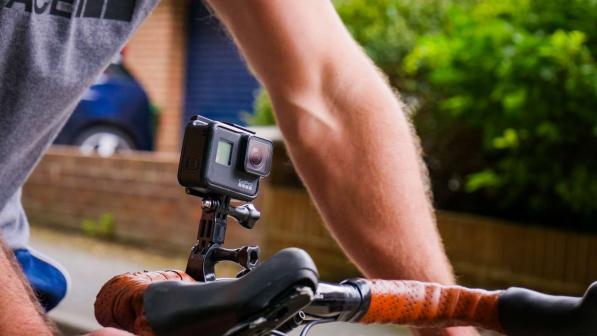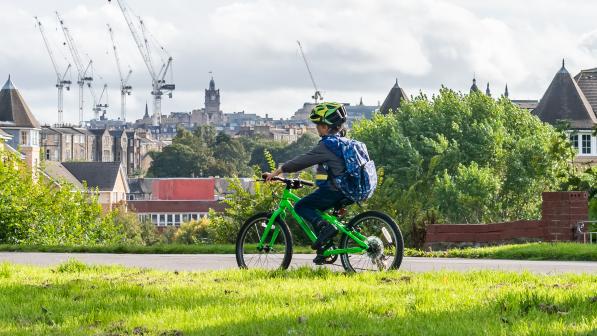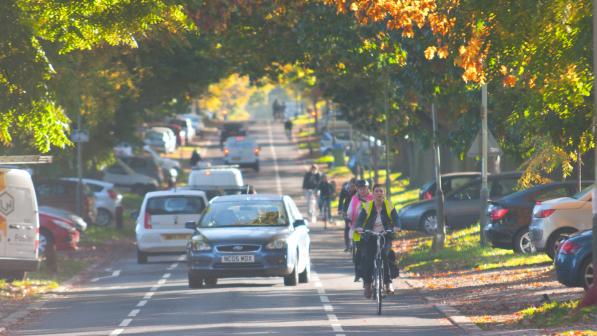Consigning road deaths to the history books
Imagine a country where road deaths are a thing of the past, where annual statistics have a big fat zero in the deaths column. That’s what the Scottish Government has committed Scotland to make happen by 2050 in its new Road Safety Framework.
This ‘vision zero’ is truly ambitious, as is the interim target of cutting road deaths in half by 2030 – only nine years away.
It will take huge effort to achieve the new targets, but it will be worthwhile. Better statistics are nice, but more importantly it’s about cutting the trauma and grief affecting real people every year.
Greater road safety will also transform our roads and neighbourhoods, making them safe and attractive places to cycle and enjoy. It will enable and encourage many more people to cycle for short, everyday journeys, just like they did during the coronavirus lockdown last year, and maintain active lifestyle habits.
We know that reducing road danger is a key concern for our members and supporters. That’s why we worked hard to influence the Road Safety Framework during its development last year and provided supporters with a summary guide helping them to respond to the consultation.
The dozens of responses received by Transport Scotland paid off and important positive changes were secured in the final publication. These included an additional strategic action focused on adapting road infrastructure to improve safety, and better wording to show that enforcing all the rules of the road is important for the safety of cyclists.
Our advice also persuaded government to withdraw a plan to measure the proportion of cyclists wearing a helmet, which would not have helped inform policymaking and would have provided the wrong signal about how to reduce danger to vulnerable road users.
You can help show that you care about road safety and cycling in Scotland by signing and sharing our election campaign petition
Jim Densham, Cycling UK’s campaigns and policy manager in Scotland
On using technology to support enforcement, Transport Scotland has promised to “embrace new technology and opportunities, such as processing dashcam footage will also be key to achieving success”.
This stops short of our call to government and Police Scotland to introduce a third-party reporting system for Scotland, where people with dashcam or helmetcam footage of dangerous or irresponsible driving behaviour can easily upload it to the police.
We will continue to campaign for third-party reporting in Scotland as the missing link in deterring bad driving, supporting police (who can’t be everywhere), and helping people feel they are making a difference to reducing danger on the road by having an easy way to submit their evidence.
We have included third-party reporting in our manifesto for cycling ahead of the Scottish election in May, as well as a number of other asks to improve road safety and create safe space for cycling, walking and wheeling. For example, we are asking political parties to:
- Manifesto ask No 8: Roll out School Streets and create safe cycle routes to connect to them – to encourage children to cycle every day
- Manifesto ask No 9: Make 20mph the default speed limit on residential streets, high streets and minor roads in built-up areas, and provide resources for enforcement
Road danger reduction in Scotland must be a priority for whoever forms the next Scottish Government after the election 6 May. They will need to deliver a strong set of actions covering all aspects of road safety to ensure the 2030 target is achieved.
You can help show that you care about road safety and cycling in Scotland by signing and sharing our election campaign petition. The petition is a key opportunity to put pressure on the political parties to include commitments to cycling in their own election manifestos.
Together we can assign road deaths to the history books.




